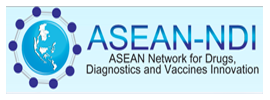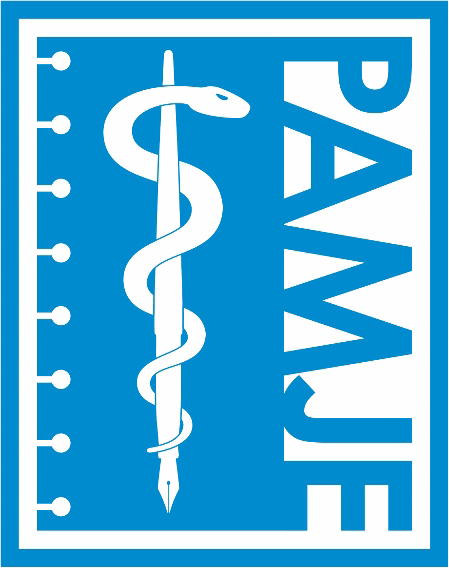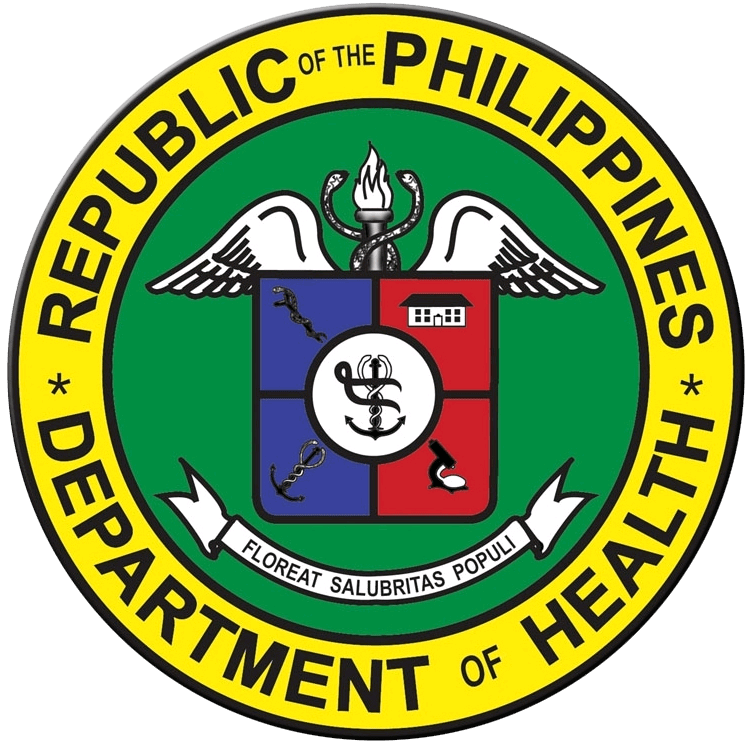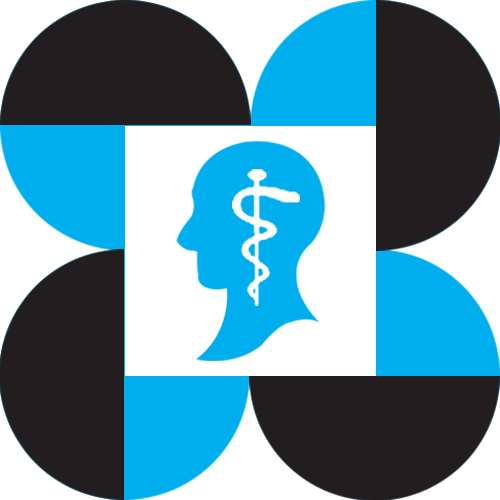- Details
The Bicol Consortium for Health Research Development held a one day Research Agenda Setting Workshop last October 8, 2012 at the Function Hall of Bicol University Legazpi City. Its objective was to identify areas for research that should be given high priority in the region.
The BCHRD members were welcomed by Dr. Alma Banua, the consortium director. Dr. Fay Lea Patria Lauraya, BU President and BCHRD Chairperson delivered an inspirational message, focusing on the importance of research to the Bicolanos. She emphasized researches on Indigenous Herbs in the Region that can be linked to “Tuklas Lunas”, a drug discovery and development program initiated by DOST-PCHRD to provide solutions to the country's medical needs.
There were thirteen member-agency-participants, namely: Elma Peralta (Ateneo de Naga University), Lilian Legson & Hermogena Cañares (Aquinas University of Legazpi), Richard Bartolata (Bicol University), Marlyn Daguno (Bicol Regional Training and Teaching Hospital), Pilita O. Lucena (Department of Science and Technology), Sandy Lasa (Universidad de Santa Isabel), Carmelita Baylon (University of Nueva Caceres), Marla Litam, M.D. (Bicol Medical Center), Joyce Obis (University of Saint Anthony), Dr. Luis Mendoza (Department of Health-Albay Division), and Marie Jeanne Berroya ( Regional Project Officer for Region V from PCHRD).
The workshop proper started with the presentation by Director Banua of statistical data on the health profile of region V. It was followed by a “Problem tree analysis” facilitated by Dr. Yolly Castroverde.
Five Thematic Areas identified during the workshop were as follows: 1) Health service delivery, 2) Health Development, 3) Socio-environmental health concerns, and 4) Health Technology Development, and 5) Health financing. Following is The Research Agenda For Region V.
A. HEALTH SERVICE DELIVERY
1. Improvement of Maternal Health and Nutrition
a. Assessment of the health status of women
b. Assessment of the KAPs of women in their Perinatal Period
c. Effectiveness of IEC materials on maternal health care
d. Evaluation of the maternal health service delivery
2. Improvement of Child Health and Nutrition
a. Assessment of the Health Status of Children
b. Assessment of Feeding Programs in Day Care Centers (3 -6 y/o)
c. Infant Feeding Program
d. Review and Analysis of the Existing BEmONC/CEmONC in terms of Facilities, human resource expertise, usage and usefulness
e. Compliance with EPI
f. Evaluation of the Family Planning Program
B. HEALTH DEVELOPMENT
1. Prevention of Non-communicable Diseases
a. Mental Health
b. Lifestyle Diseases (diabetes, hypertension, cardiovascular diseases)
c. Trauma and Injuries
2. Prevention of Communicable Diseases
a. STI & HIV
b. TUBERCULOSIS (MDR)
3. Herbal Plants in Various Forms
a. Inventory of Herbal Plants in the Bicol Region(including pictures, location, parts of the plants used, common names and uses)
b. Preparation and utilization of indigenous herbs for common illnesses
c. Dosage forms of herbal medicine
4. Functional Foods
Beneficial/potential hazards of the following: Malunggay, Ginger, Garlic, Yakon, Cassava and Siling Labuyo
C. SOCIO- ENVIRONMENTAL HEALTH CONCERNS
- Environment and Climate Change
A. Health effects of Climate Change among Vulnerable Groups (Elderly and Children)
- Community Development
- Health and sanitary practices among residents of resettlement areas
- Health preparedness and capabilities during emergencies
- Waste Management
- Level of Implementation of Local Ordinances on Waste Management
- Hospital Waste Management
D. HEALTH TECHNOLOGY DEVELOPMENT
- Technology Development
- Techno Verification on for health use.
- Utilization and Production of Yakon Chips as Dietary Food Supplement
- Knowledge Management
- Adoption of Health Data Base System in the Bicol Region
- Surveillance of Reported Infectious Diseases
F. HEALTH FINANCING
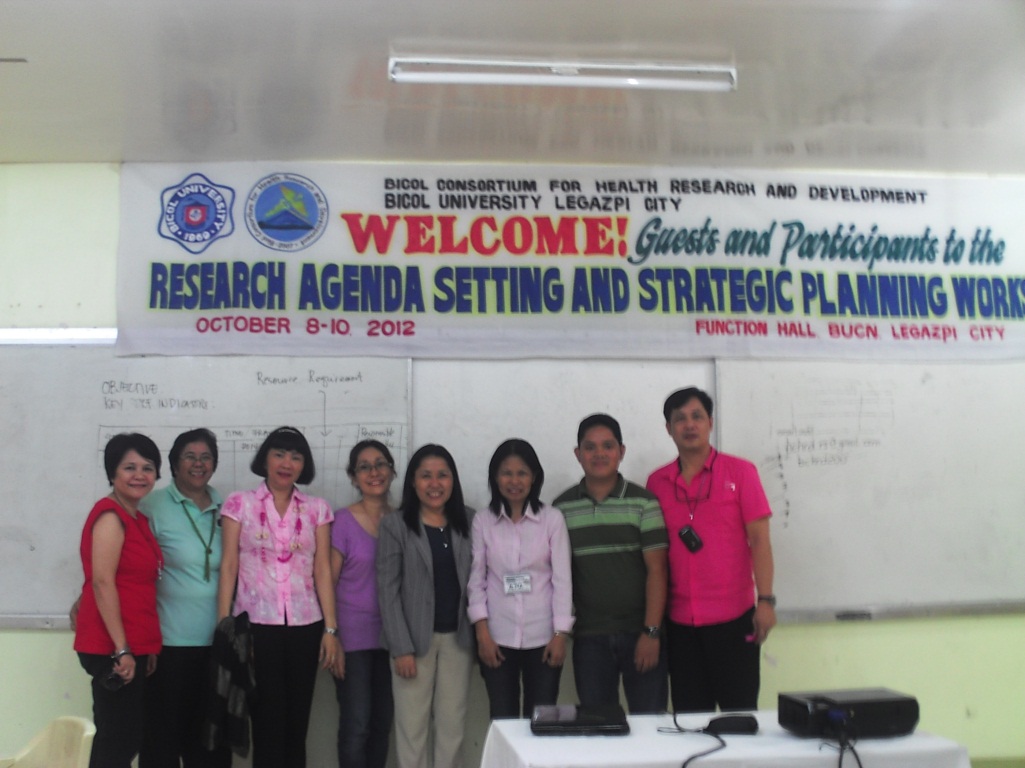
The participants during the two-day gruelling Research Agenda Setting and Strategic Planning Workshop.
- Details
The 1st Regional Health Research Council Meeting of BCHRD was held on September 4, 2012, at the BU-GASS Legazpi City. It was attended by the heads of the member-agencies of BCHRD, consortium Chair President Fay Lea Patria Lauraya, consortium Director Dr. Alma Banua, and no less than PCHRD Executive Director Jaime Montoya.
During his message Director Montoya discussed the role of the Philippine Council for Health Research and Development (PCHRD) as the Heart and Soul of the Philippine National Health Research System (PNHRS), and that its mission is to make life better for the Filipinos through health research. Through the PCHRD health research consortia nationwide were established, to be capacitated institutions in research, and to serve as research hubs. He emphasized that the best people to undertake research are those who know their needs and who will benefit from the results of their researches.
Among the agenda were the following: Matters for Approval including 1) Proposed BCHRD Logo; 2) Policy matters (Rotation of special committee meetings and Criteria for acceptance of additional members) and Annual membership fee, and Matters for Information including 1) Change in the schedule of project operations, 2) Present committee members, 3) Status of BCHRD Activities, and 4) Signing of MOA.
There are a total of thirteen member agencies within the consortium, duly represented by the following participants of the council meeting: Engr. Seth Baranddon of Camarine Sur Polythecnic College, Luzviminda de Villa of University of Saint Anthony, Carmelita Baylon and Dr. Yolanda Castroverded of University of Nueva Caceres, Fr. Ernesto Arceo of Aquinas University, Dr. Salvacion Macinas and Dr. Marlyn Daguno of Bicol Regional Teaching and Training Hospital, Dr. Marla Litam of Bicol Medical Center, Director Tomas Briñas of DOST RV, Dr. Teresa de Alban of CHED RV, Ms. Marie Jean Berroya and Ms. Carina Rebulanan of PCHRD.
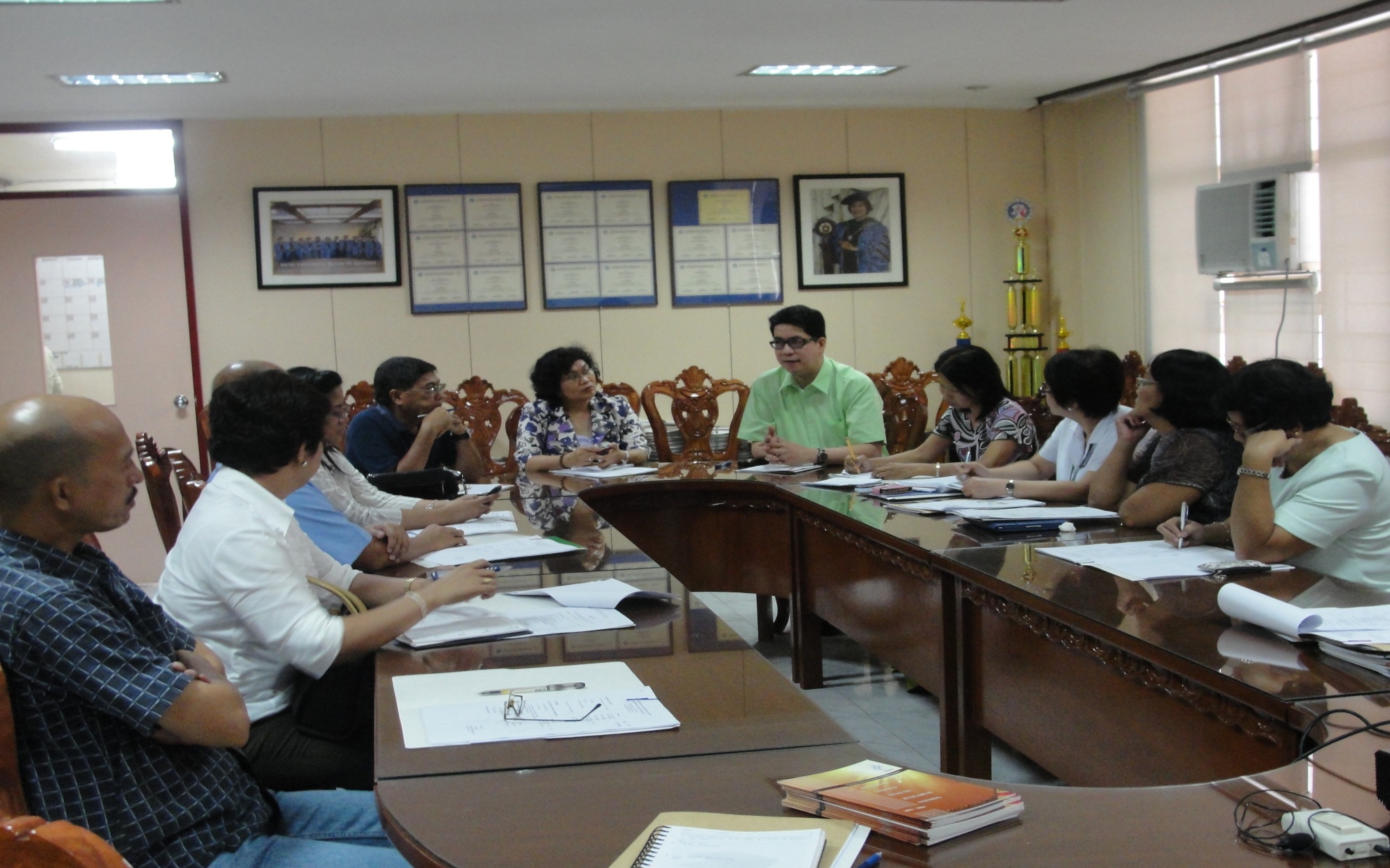
Dr. Jaime Montoya giving a message, and focusing on the importance of the role of BCHRD in research, particularly on research priorities-NUHRA.
- Details
The Bicol Consortium for Health Research and Development (BCHRD) was established by the Philippine Council for Health Research and Development (PCHRD), in order to make life better for the Bicolanos through health research. It was organized here Region V in 2007 where Ago Medical and Educational Center became its first base agency.
By the virtue of the Memorandum of Agreement between the PCHRD and DOST and Bicol University (BU), the BCHRD is now based in BU , Legaspi City, with Dr. Fay Lea Patria Lauraya, President of Bicol University as the Chairperson and Dr. Alma Banua as the consortium Director.
The primary objective of BCHRD is to institute/strengthen the system of collaboration in Bicol to develop and enhance capacity of research institutions within the region which has interest and engage in health and related researches, as a strategy to improve the health conditions of the Bicolanos.
This 2012, the BCHRD had thirteen members, comprised of the lead agencies and regular members. The lead agencies are: Department of Science and Technology, Department of Health and Commission on Higher Education and the regular members are: Ago Medical and Educational Center, Ateneo de Naga University, Aquinas University, Bicol Regional Training and Teaching Hospital, Bicol University, Universidad de Sta Isabel, University of Nueva Caceres, and University of Saint Anthony and an additional two members institutions: Bicol Medical Center and Partido State University
It has four committees, which shall backstop the Consortium Director by performing their assigned functions. These committees are the: Research and Development, with Dr. Marlyn Daguno as Chair, Ethics Review Committee, with Ms. Sandy Lasa as Chair, Capacity Building Committee, with Ms. Laarni Salcedo as Chair and Research Information, Communication and Utilization Committee, with Dr. Rafaelita Lucena as Chair.
The consortium had conducted the following activities for 2012: 1) Inventory of Health and Health Related researches, researchers and facilities; 2) Agenda Setting and Strategic Planning; 3) Basic Ethics Training, 4) Research proposal Writeshop and 5) HERDIN training.
By 2013, it will continue to pursue its Vision to be a nationally recognized prime mover of excellent health and health-related researches responsive to the needs of the Bicolanos towards improved quality of life.
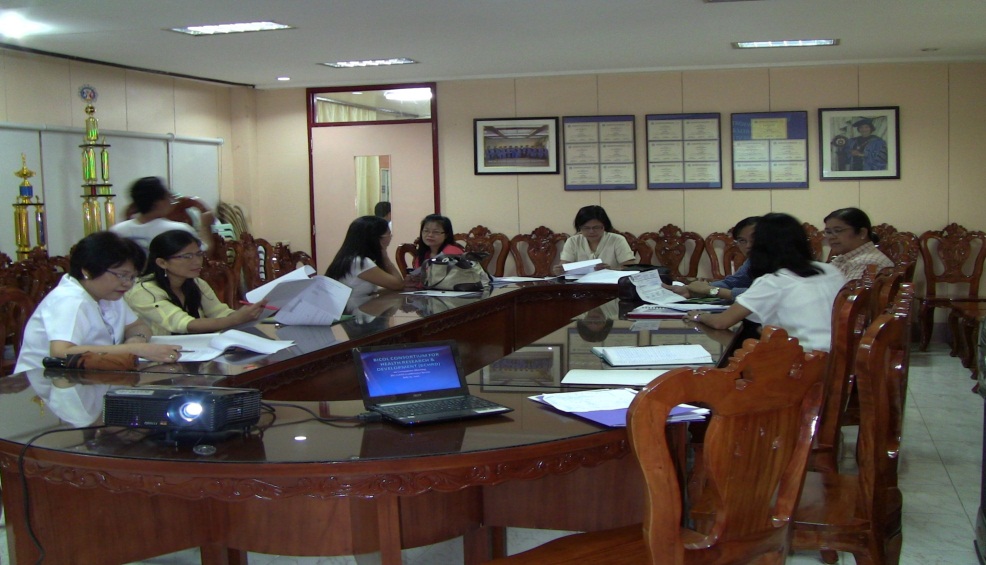
The consortium have four committees, the respective chairpersons were elected during the 1st Committee Meeting






